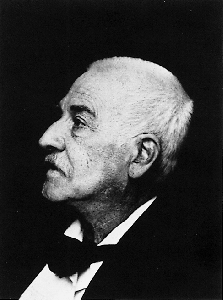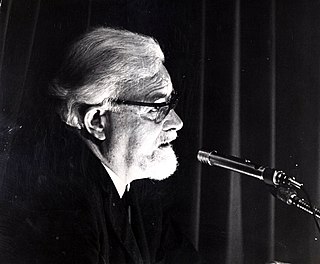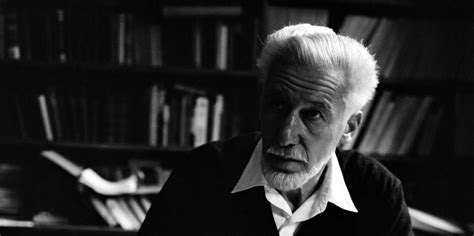A Quote by Michel Foucault
...it's my hypothesis that the individual is not a pre-given entity which is seized on by the exercise of power. The individual, with his identity and characteristics, is the product of a relation of power exercised over bodies, multiplicities, movements, desires, forces.
Related Quotes
We should not be content to say that power has a need for such-and-such a discovery, such-and-such a form of knowledge, but we should add that the exercise of power itself creates and causes to emerge new objects of knowledge and accumulates new bodies of information. ... The exercise of power perpetually creates knowledge and, conversely, knowledge constantly induces effects of power. ... It is not possible for power to be exercised without knowledge, it is impossible for knowledge not to engender power.
Civil rights are those which appertain to man in right of his being a member of society. Every civil right has for its foundation some natural right pre-existing in the individual, but to the enjoyment of which his individual power is not, in all cases, sufficiently competent. Of this kind are all those which relate to security and protection.
Every device employed to bolster individual freedom must have as its chief purpose the impairment of the absoluteness of power. The indications are that such an impairment is brought about not by strengthening the individual and pitting him against the possessors of power, but by distributing and diversifying power and pitting one category or unit of power against the other. Where power is one, the defeated individual, however strong and resourceful, can have no refuge and no recourse.
Power to the people' can only
be put into practice when the power exercised by social elites is
dissolved into the people. Each individual can then take control of
his daily life. If 'Power to the people' means nothing more than
power to the 'leaders' of the people, then the people remain an
undifferentiated, manipulatable mass, as powerless after the revolution as they were before. In the last analysis, the people can never
have power until they disappear as a 'people.
In Tar Baby, the classic concept of the individual with a solid, coherent identity is eschewed for a model of identity which sees the individual as a kaleidoscope of heterogeneous impulses and desires, constructed from multiple forms of interaction with the world as a play of difference that cannot be completely comprehended.
The seventeenth century is everywhere a time in which the state's power over everything individual increases, whether that power be in absolutist hands or may be considered the result of a contract, etc. People begin to dispute the sacred right of the individual ruler or authority without being aware that at the same time they are playing into the hands of a colossal state power.
The integrative tendencies of the individual operate through the mechanisms of empathy, sympathy, projection, introjection, identification, worship- all of which make him feel that he is a part of some larger entity which transcends the boundaries of the individual self. This psychological urge to belong, to participate, to commune is as primary and real as its opposite. The all-important question is the nature of that higher entity of which the individual feels himself a part.
Human life in common is only made possible when a majority comes together which is stronger than any separate individual and which remains united against all separate individuals. The power of this community is then set up as right in opposition to the power of the individual, which is condemned as brute force.
The absence of effective State, and, especially, national, restraint upon unfair money-getting has tended to create a small class of enormously wealthy and economically powerful men, whose chief object is to hold and increase their power. The prime need is to change the conditions which enable these men to accumulate power which is not for the general welfare that they should hold or exercise. We grudge no man a fortune which represents his own power and sagacity, when exercised with entire regard to the welfare of his fellows.
But there are no institutions on earth which enable each separate person to have a hand in the exercise of Power, for Power is command, and everyone cannot command. Sovereignty of the people is, therefore, nothing but a fiction, and one which must in the long run prove destructive of individual liberties.







































